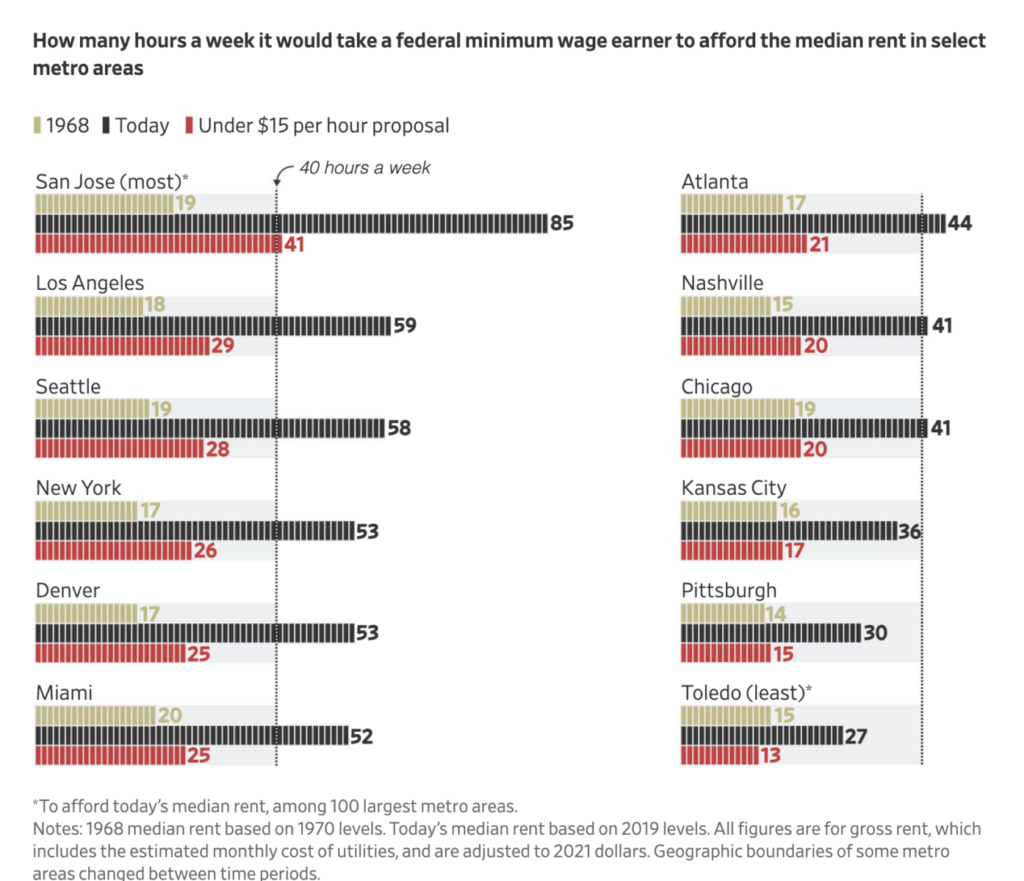My end of week morning train WFH reads:
• Inside Pfizer’s Fast, Fraught, and Lucrative Vaccine Distribution The company is a hero of the pandemic for its Covid-fighting wonder shot. That doesn’t mean it hasn’t made entire countries angry. The vaccine allocation was the product of a company struggling to apportion doses while demand far exceeded supply, using an opaque process that appears to have involved a mix of order size, position in the queue, production forecasts, calls from world leaders, the potential to advance the science, and of course the desire to make a profit. (Businessweek)
• Financial panic: Inflation isn’t a real danger. But its prophets may hold the economy back. What happens, the inflation hawks ask, if we emerge from the pandemic with an economic boom? If everyone gets back to work and uses that government money, will wages and prices suddenly shoot up? It’s not an outrageous question: Theory holds that goods will cost more and our money will buy less. But that’s not happening yet. And it hasn’t happened in a very long time. (Washington Post)
• Tesla Needs to Crack Europe’s $360 Billion Corporate Car Market The EV maker’s smaller servicing network and refusal to offer discounts on bulk purchases make it harder to compete with established brands. (Bloomberg) see also What’s Missing in the Electric-Vehicle Revolution: Enough Places to Plug In As dozens of new battery-powered, plug-in car models come to market, roadtrippers who bought anything but a Tesla are discovering that America’s charging infrastructure isn’t ready for prime time (Wall Street Journal)
• Asness: The Long Run Is Lying to You Everyone knows the value strategy has been a grave disappointment out-of-sample since, say, 1990 (thirty years!). Even Fama and French know it. The value strategy has been quite bad for the last 10+ years with the 2018–2020 period essentially a crash. The true long-term expected return of the value strategy is considerably higher than many might think if they were to just look at simple past returns – especially right now. Why? (AQR)
• Why ETF baskets are worth paying attention to An obscure but tweak-able mechanism within the ETF structure plays an important role in shock absorbing market volatility, argues a BIS paper. The question is, to what degree does it displace risk elsewhere? (Financial Times)
• As Online Shopping Surged, Amazon Planned Its New York Takeover The e-commerce giant added at least nine new warehouses in the city over the past year as 2.4 million packages a day strained the nation’s largest urban delivery system. (New York Times)
• A Timeline of Supercar Innovations Over the Decades Supercars have always been on the cutting-edge frontier—that’s why they appeal to our imagination. Features that are ho-hum today first began as futuristic ideas in exotic environs. (Bloomberg)
• Israel’s ahead-of-the-world vaccine rollout offers hope for countries lagging behind A rush of Israeli medical research reveals that the Pfizer-BioNTech vaccine is even more effective than hoped at preventing serious disease and death, safe for nearly all adults, and almost completely free of serious side effects. Over 90% of Israelis over 50 have been fully vaccinated. (Washington Post) see also What life is like in countries where Covid-19 vaccination is increasingly a success As Covid regulations are now being partly lifted, no moment to wander the street, chat with friends and share a space with strangers is going to waste. Schools in areas not badly affected by the pandemic are opening. And the shutters of ‘nonessential shops’ are gingerly being lifted to a world of unfamiliar normality. (CNN)
• The Sun is surrounded by millions of binary stars! The Sun swings around its galactic orbit alone, a solo voyage through space. But for half the stars in the Milky Way that’s not the case. They exist with a companion, a duo traveling the cosmos together. Bound by gravity, these binary stars come in a bewildering variety of characteristics and in many ways are the key to understanding the cosmos. (Syfy Wire)
• Why Ted Lasso became the hit that put AppleTV+ on the map The series is a gentle comedy about soccer. It’s also a fantasy about nice white guys. (Vox)
Be sure to check out our Masters in Business interview this weekend with William J. Bernstein, Ph.D., M.D., retired neurologist, and principal in the money management firm Efficient Frontier Advisors. He is the author of several best-selling books on finance and history. Bernstein’s new book The Delusions Of Crowds: Why People Go Mad in Groups was just published.
How Much Does the Federal Minimum Wage Buy You? Now vs. Then.

Source: WSJ
Sign up for our reads-only mailing list here.
~~~
To learn how these reads are assembled each day, please see this.

